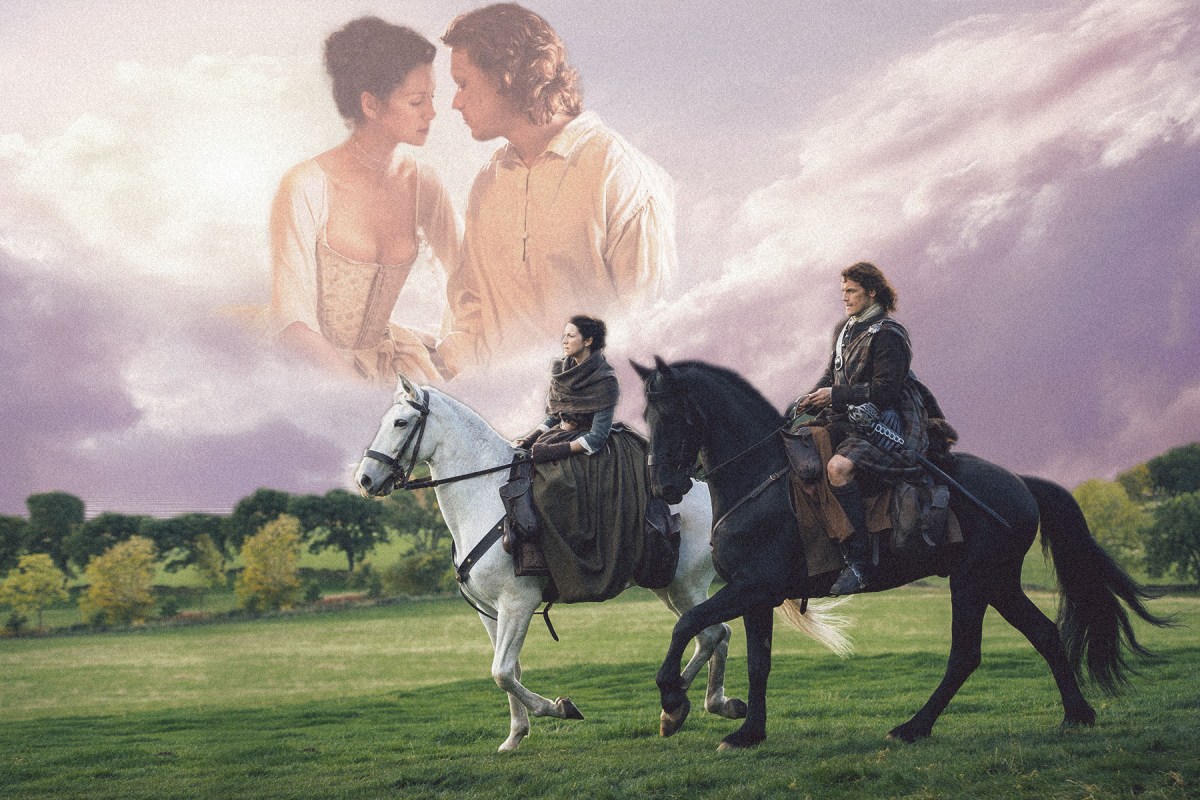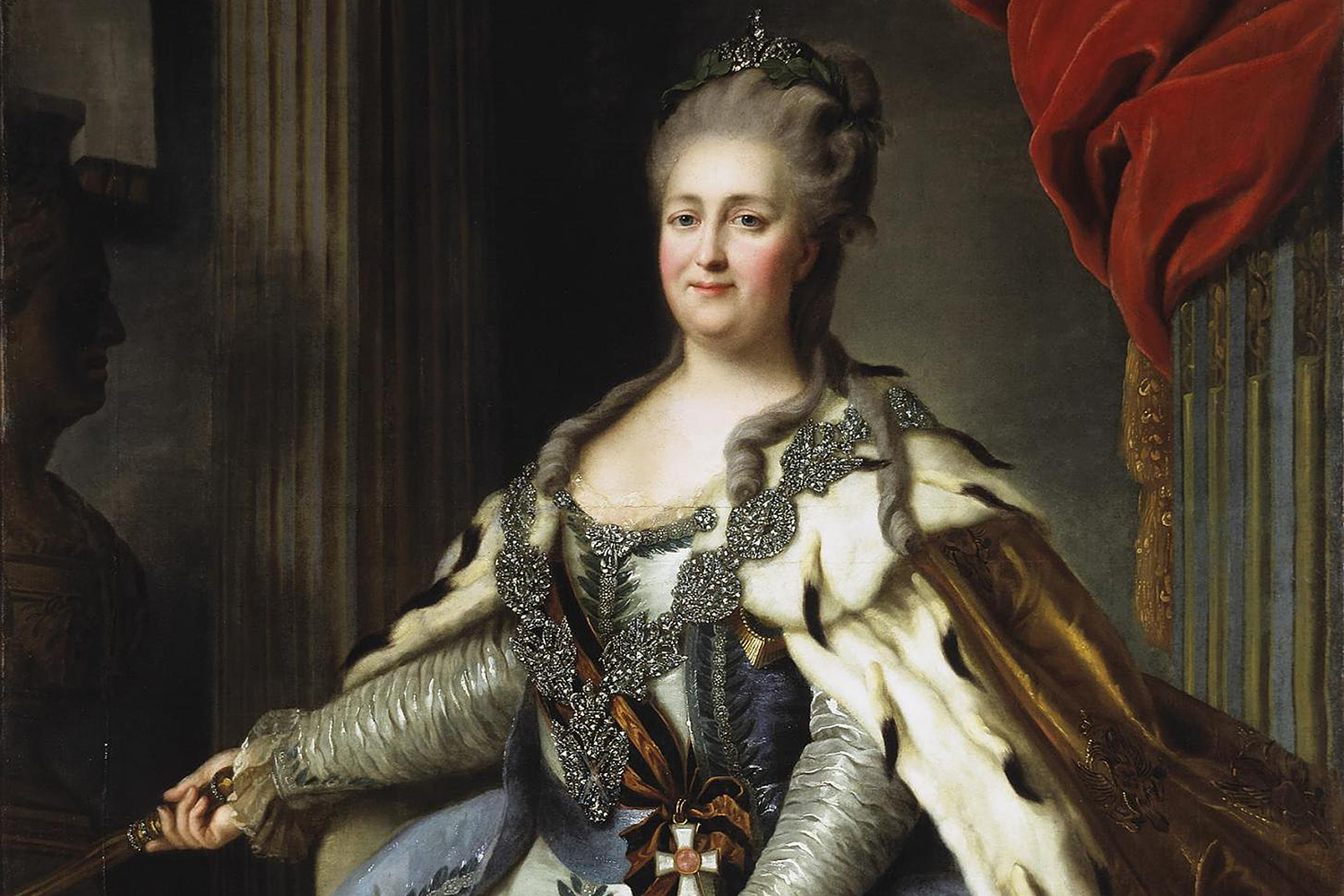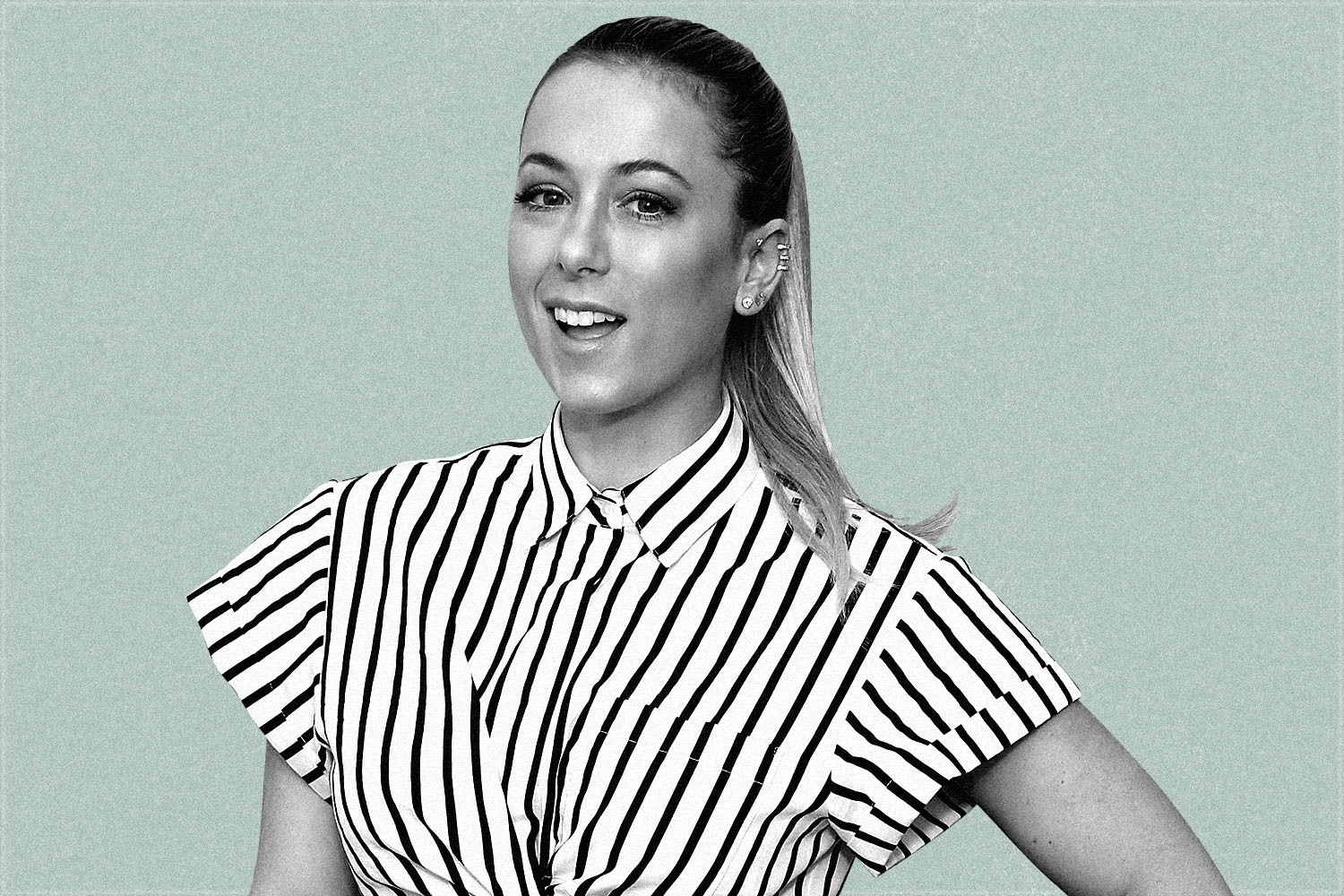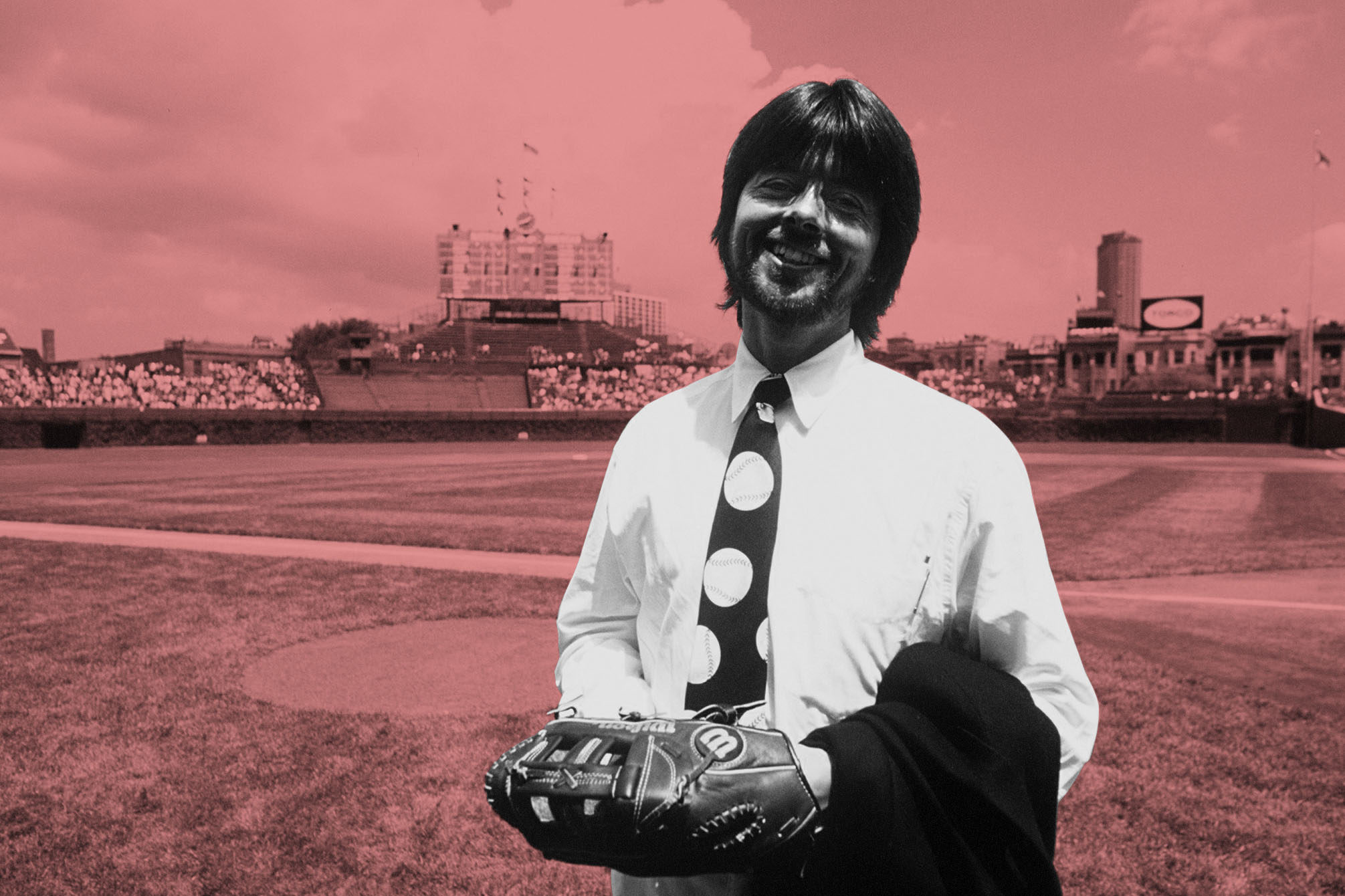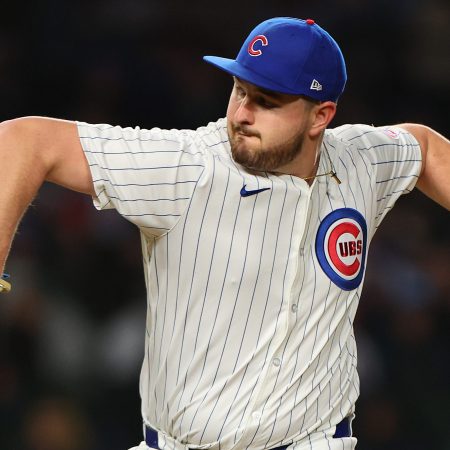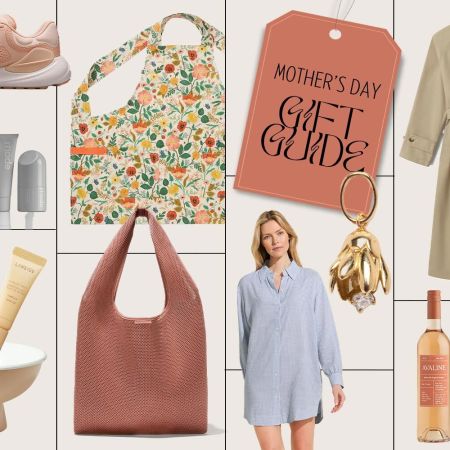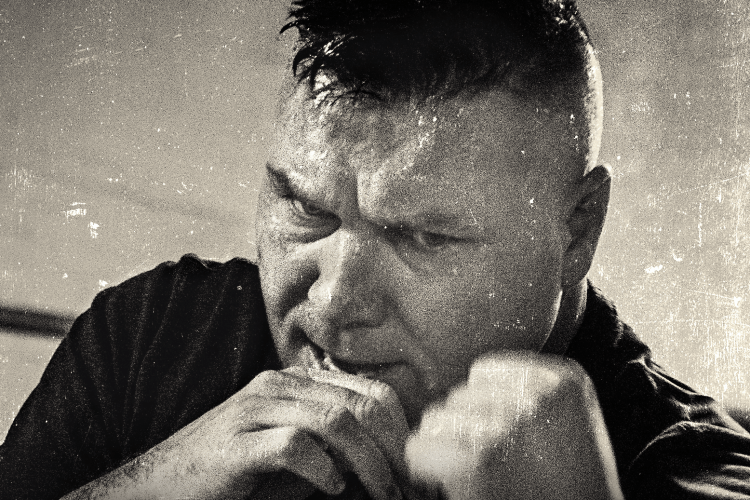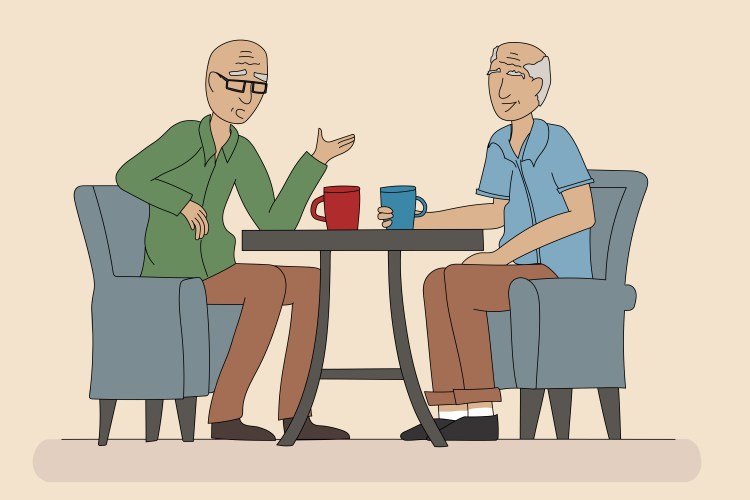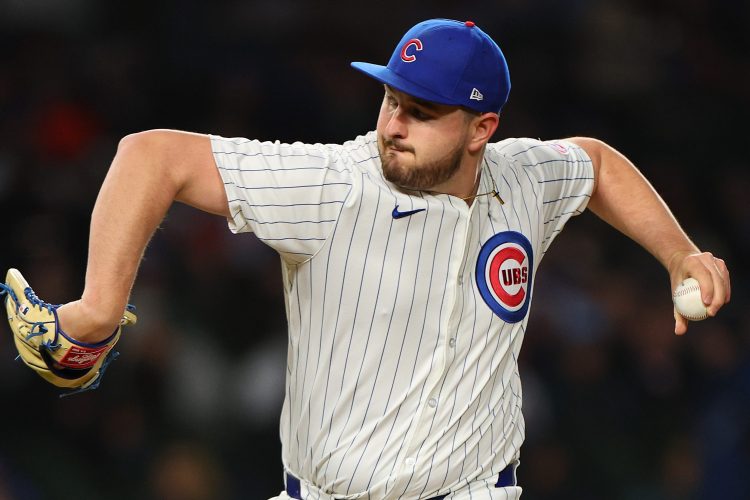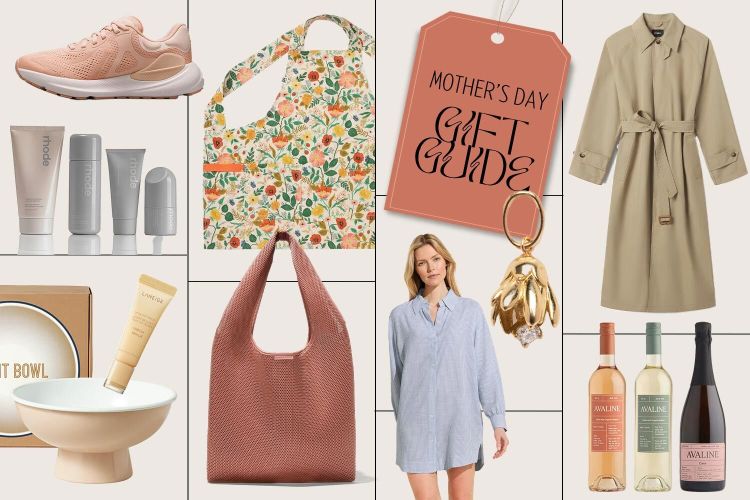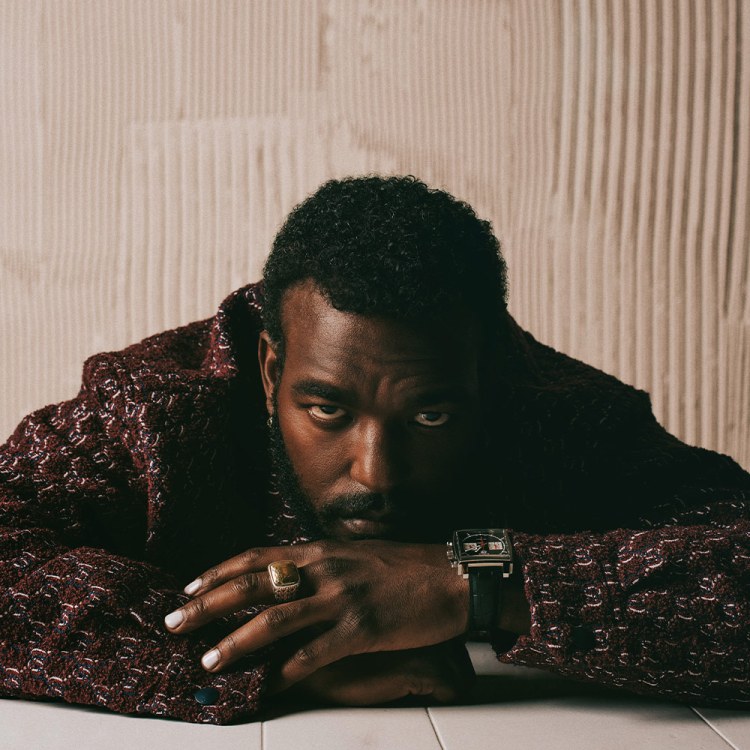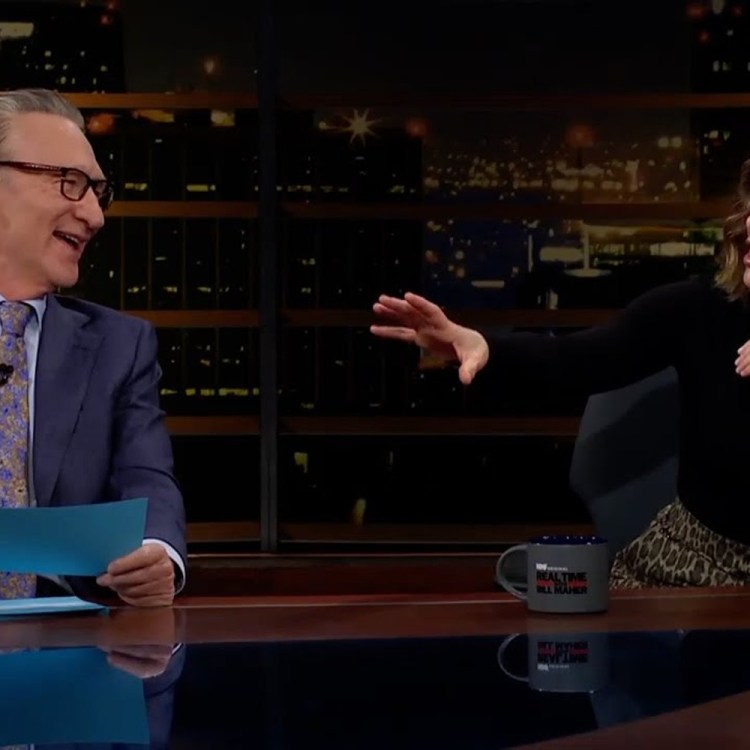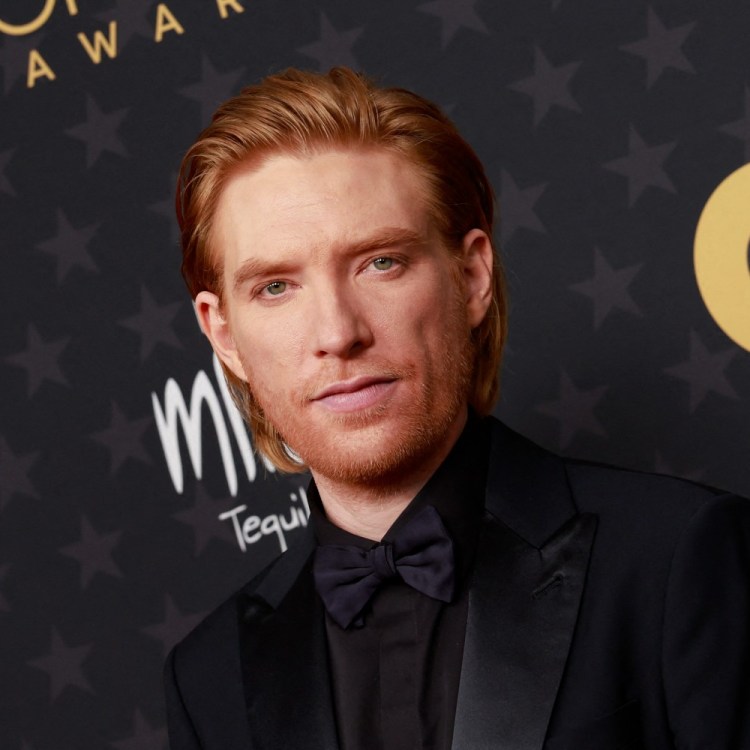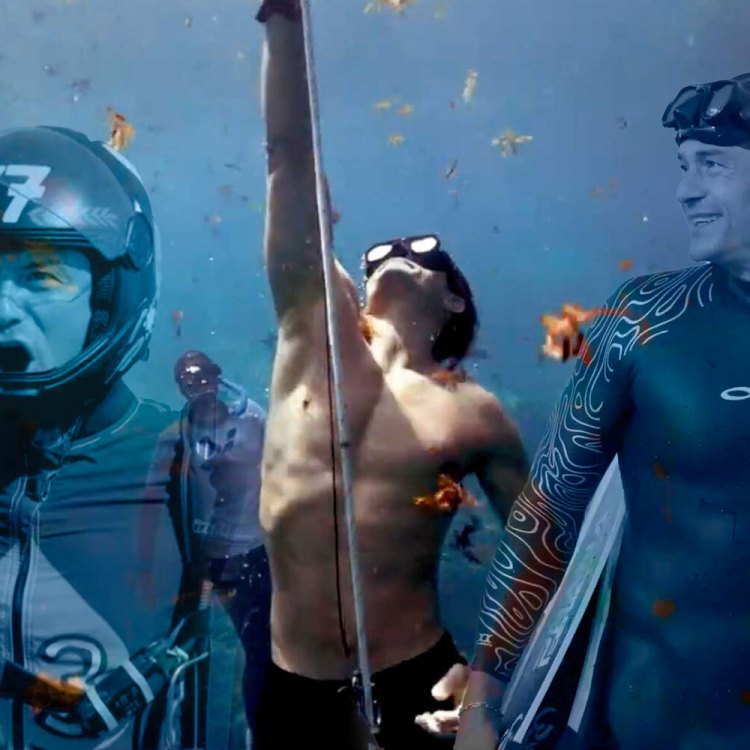When Bridesmaids hit theaters in the summer of 2011, I saw it for the first time not in an air-conditioned AMC, but under the stars, at a drive-in. The two things I remember most from that night are when Wilson Phillips played “Hold On” at the end (and the crowd got out of their folding chairs and minivans to dance on the gravel) and when my guy friend told me that he couldn’t connect to the story.
“I just don’t like movies with all female leads” is maybe not a direct quote, but it’s close. At the time, I was half aghast and half smug. My friend may have been a chauvinistic philistine, but I could certainly appreciate the empowered, hilarious performances from Kristin Wiig, Maya Rudolph and Rose Byrne.
That’s a roundabout way of saying that men, on the whole, have historically had trouble identifying with female protagonists. This doesn’t apply to all men, and it doesn’t apply to all women-led properties, but from the Captain Marvel backlash to the frankly absurd number of movies and TV shows that still fail the Bechdel test, you may not want to admit it, but it’s a problem.
Which brings me to my main point: I first discovered Outlander, a time-travel historical epic that’s been running since 2014 on Starz, a little less than a year ago. Despite constantly rising in status since its premiere, with lead Caitriona Balfe (who plays Claire Randall) racking up Best Actress noms at the Golden Globes four years in a row, it had simply never come across my radar in any substantial way. It may be because the show — like the Diana Gabaldon book series on which it is based — has been unfairly labeled a bodice ripper. It may be because I don’t have Starz. It may go back to the female protagonists thing.
Whatever the case, my girlfriend asked if I wanted to start a new show that Netflix describes as a “fantasy-romance” about the “drama of two time-crossed lovers” (the first three seasons are on Netflix, but all five seasons are on Starz and Hulu). I didn’t have anything else in mind, and the show promised Scots fighting the redcoats in the 18th century, so I figured why not give it a go.
My first three-episode binge of Outlander was an unexpected whirlwind of brutal violence, historical lessons on the Jacobite rebellions, as well as prominent and surprising — though not gratuitous — sex. To apply the analogical cliché of TV reviews, it seemed to be a combination of Game of Thrones, The Crown and Sex and the City (all of which I have seen and thoroughly enjoyed, certain episodes and seasons notwithstanding).
I became a man obsessed. I brought up the show in conversation whenever I had the chance — at parties, with baristas, running into people on the street — have you seen this show Outlander? To my surprise, many of my friends had, they just never brought it up before. But when I made the first move, it opened floodgates, regularly leading to public a cappella renditions of the show’s theme song.
However, it was never single men who had seen it. It was sometimes single women and sometimes heterosexual couples where the woman was the instigator. Though men seemed unlikely to find the show on their own, those who had were just as eager to recount their favorite scenes between Claire and the kilt-wearing, literally battle-worn Highlander Jamie Fraser (played by Sam Heughan). Most often, the people who knew the show were women in relationships who watched it by themselves, or men telling me that their wife or partner watched it, but they didn’t.
So what’s the deal, guys? From personal experience, the thing that seems to be driving men away starts with the romance label and ends with what The New Yorker’s Emily Nussbaum wrote in 2016, that Outlander is “as thoughtful about male vulnerability as it is about female desire.” Nussbaum has been a champion for the show — not viewing it solely as a sex-charged female fantasy, but as one “of the best dramas on television” — and this essence of “male vulnerability and female desire” she describes is an element that caught me off guard. I had never experienced these ideas in my normal streaming ecosystem the way Outlander portrays them, and it almost put me off the show in the first season.
For example, in the first episode, Claire coaxes her 20th-century husband into going down on her in an abandoned Scottish castle. In the seventh, she has to deal with the frustrations of the sexually inexperienced Jamie, putting her in the position of power in the bedroom despite his brick wall of muscles. In the ninth episode, Jamie spanks Claire for disobeying him, and then she mounts him with a knife to his throat saying, “If you ever raise a hand to me again, James Fraser, I will cut your heart out and have it for breakfast.” After that one I had to ask myself, what the hell am I watching?
But after getting through that episode, I realized something I didn’t want to admit: I was just like my friend who said he couldn’t identify with Bridesmaids. I was tense during the first few episodes not because of any problems with the script or direction or acting, but because I wasn’t used to watching a show that not only forced you to identify with a female protagonist, but with her sexuality and desire in an intimate way.
Once I realized that I was bringing my own baggage to the show and not the other way around, we burned through all four seasons of Outlander that were available at the time.
Learning about the history of the Jacobite uprisings and running into historical figures like Bonnie Prince Charlie and King Louis XV will surely satisfy those with a penchant for historical dramas, but it’s the acting turns of the leads, as well as others like Game of Thrones alums Tobias Menzies and Clive Russell, that make it better than something like The Tudors or Vikings. As for the sex scenes, both the consensual and the nonconsensual are treated with enough care that, unlike just about every other historical and/or fantasy drama of the last decade, this one will stand the test of time.
Outlander promises to appease both men and women with their stereotypical TV preferences (violence; romance), but once you’re immersed in it, it reveals itself as a spellbinding drama that breaks through the fantasy ceiling in the same way that The Lords of the Rings did, and so few other titles have.
So men of the world, as you search for your next quarantine binge, tell your partner you finally want to watch Outlander. If they don’t want to watch it, then pour yourself a dram and stream it yourself. But don’t you dare bail out after episode nine.
This article was featured in the InsideHook newsletter. Sign up now.
